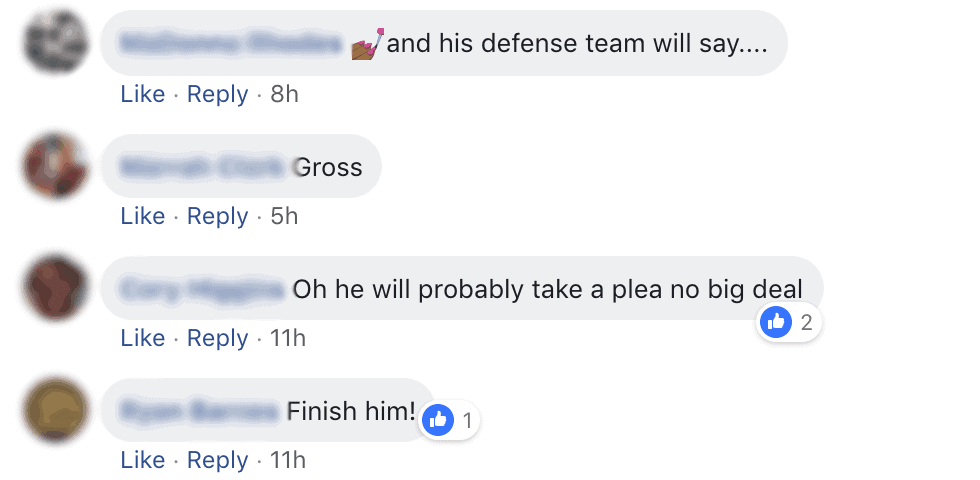The New York Times reports on new research out of Germany and the effects Facebook has on community relations:
Karsten Müller and Carlo Schwarz, researchers at the University of Warwick, scrutinized every anti-refugee attack in Germany, 3,335 in all, over a two-year span. In each, they analyzed the local community by any variable that seemed relevant. Wealth. Demographics. Support for far-right politics. Newspaper sales. Number of refugees. History of hate crime. Number of protests. One thing stuck out. Towns where Facebook use was higher than average, like Altena, reliably experienced more attacks on refugees. That held true in virtually any sort of community — big city or small town; affluent or struggling; liberal haven or far-right stronghold — suggesting that the link applies universally. Their reams of data converged on a breathtaking statistic: Wherever per-person Facebook use rose to one standard deviation above the national average, attacks on refugees increased by about 50 percent.
The trend is specific to just Facebook but still accounts for only one-tenth of all anti-refugee violence. Interesting still, Internet infrastructure in Germany is localized with sporadic outages. During those Internet service outages, violence declined in the localized area.
Closer to home, Facebook posts, tweets, YouTube videos, and other online commentary are ending up as evidence in courts. By some estimates, one-third of all divorce cases in the US start because of a social media post. Judges have declared public and private posts discoverable evidence in court. A court in Oklahoma ruled two professors were biased in a vote against tenure for an Indian professor because of prior racist Facebook posts. A Pennsylvania man who liked his ex-girlfriend’s photo twenty-two times was found to have been violated a protective order.
In Indiana, stories of people resigning or being fired because of activity on social media are in no shortage. Indiana judges have also considered language and photos used in posts to determine parental custody rights. For instance, a parent who claims they can’t afford child support but shows photos online of an expensive new car may sway a judge.
Social media in child abuse cases
In high-profile cases involving child abuse or neglect, social media posts can become harmful to the children systems are trying to protect.
Take the case of a child who alleges abuse against a family member. Once law enforcement begins an investigation, child advocacy centers may conduct forensic interviews. Caseworkers may review a case for the safety of the child. While the court hearing is pending, a child who returns home or to school only to see and read public and private messages about the case or themselves may feel ashamed, embarrassed, or further isolated.
Other family members may make public comments about the case or share news stories, too. Friends may ask probing questions that surface painful experiences.
Others still may press forward with an agenda to protect the defendant at the expense of the alleged victim or encourage rash responses.
If a case rises to the need of a jury trial, community members may take notice as media coverage grows. More comments on news stories can be unhelpful or, at worst, damaging to the trial. Family members may feel compelled to comment to defend themselves. Family members or close friends may target jurors. Jurors may see comments that sway their opinion outside court. Comments suggesting stiff penalties for the accused before a verdict is reached can inflame emotions when a reasoned response is not only necessary, it’s a constitutional requirement.
Where your social media post can help
There are uses for social media that can help serve justice and support children and families who are victims of crime. As the National Children’s Alliance has advised, seeking information or the identity of unknown suspects, helping police find evidence or witnesses to crimes, and finding or naming locations to apprehend a suspect can all aid an investigation.
Sharing your own experiences or promoting stories that help in the philanthropy of support organizations like child advocacy centers is always welcome. Posts of support, no matter how small, can add up to remind caseworkers, police, and CACs how much you appreciate their work. It can also remind victims they are not alone and bring other cases to light.
See also: how to protect kids on YouTube with parental controls








